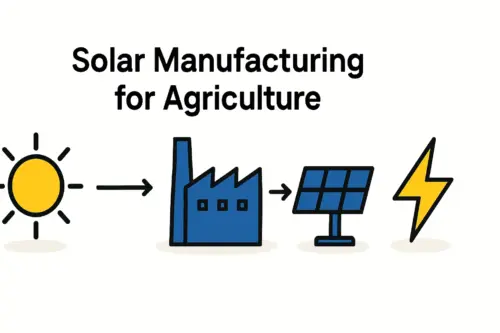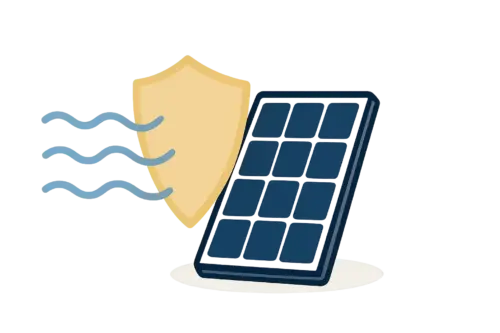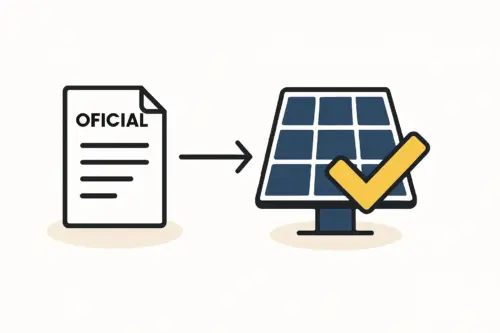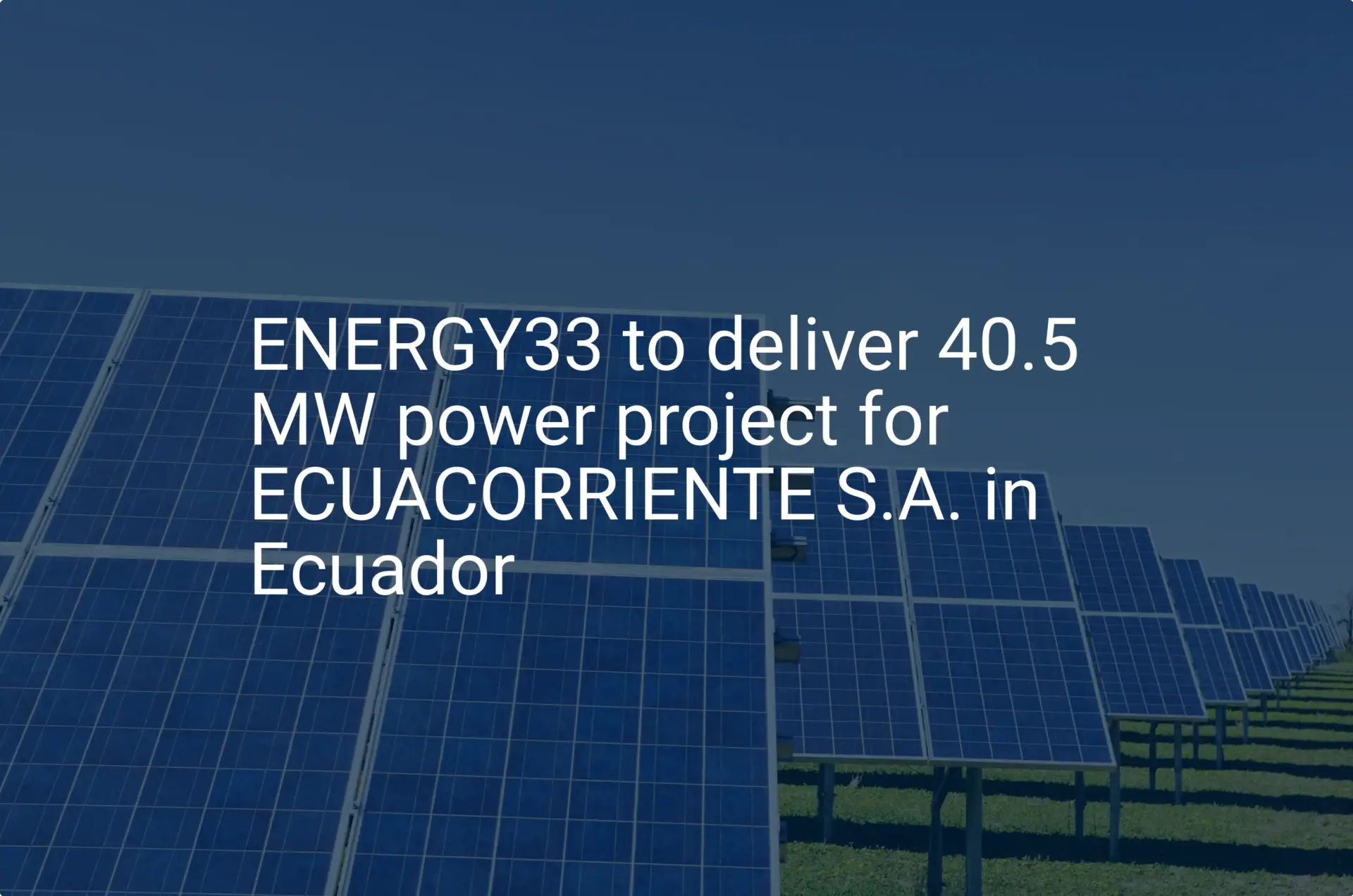For many international entrepreneurs, Latin America represents a significant growth frontier for renewable energy, yet the perceived complexity of local regulations can be a barrier. An investor might see the high solar irradiation and growing energy demand in a country like Ecuador but hesitate, uncertain about the legal and financial stability required for a long-term commitment.
This is precisely the uncertainty Ecuador’s government addresses with a surprisingly robust legal framework. The Ley Orgánica para el Fomento Productivo (Organic Law for Productive Development) is not merely a statement of intent; it is a structured, legally binding framework designed to attract and protect significant foreign investment. For those considering a solar module factory, this law provides a clear path to substantial tax incentives and long-term regulatory stability, creating a compelling business case in a region poised for solar expansion.
This article explains the key provisions of this law and how they apply directly to the setup and operation of a solar manufacturing facility in Ecuador.
What is the ‘Ley de Fomento Productivo’? A Primer for Investors
The ‘Ley de Fomento Productivo’ was enacted to stimulate economic growth and serves as Ecuador’s primary tool for attracting new, large-scale investments. At its core, the law aims to provide legal certainty and significant financial advantages to companies willing to establish or expand operations within the country.
Rather than navigating a complex web of changing regulations, investors can enter into a formal “Investment Contract” with the Ecuadorian state. This contract essentially locks in the legal and tax conditions for the duration of the agreement, protecting the investment from future legislative changes. This level of predictability is a crucial factor for capital-intensive projects like a solar module manufacturing plant, where return on investment is calculated over many years.
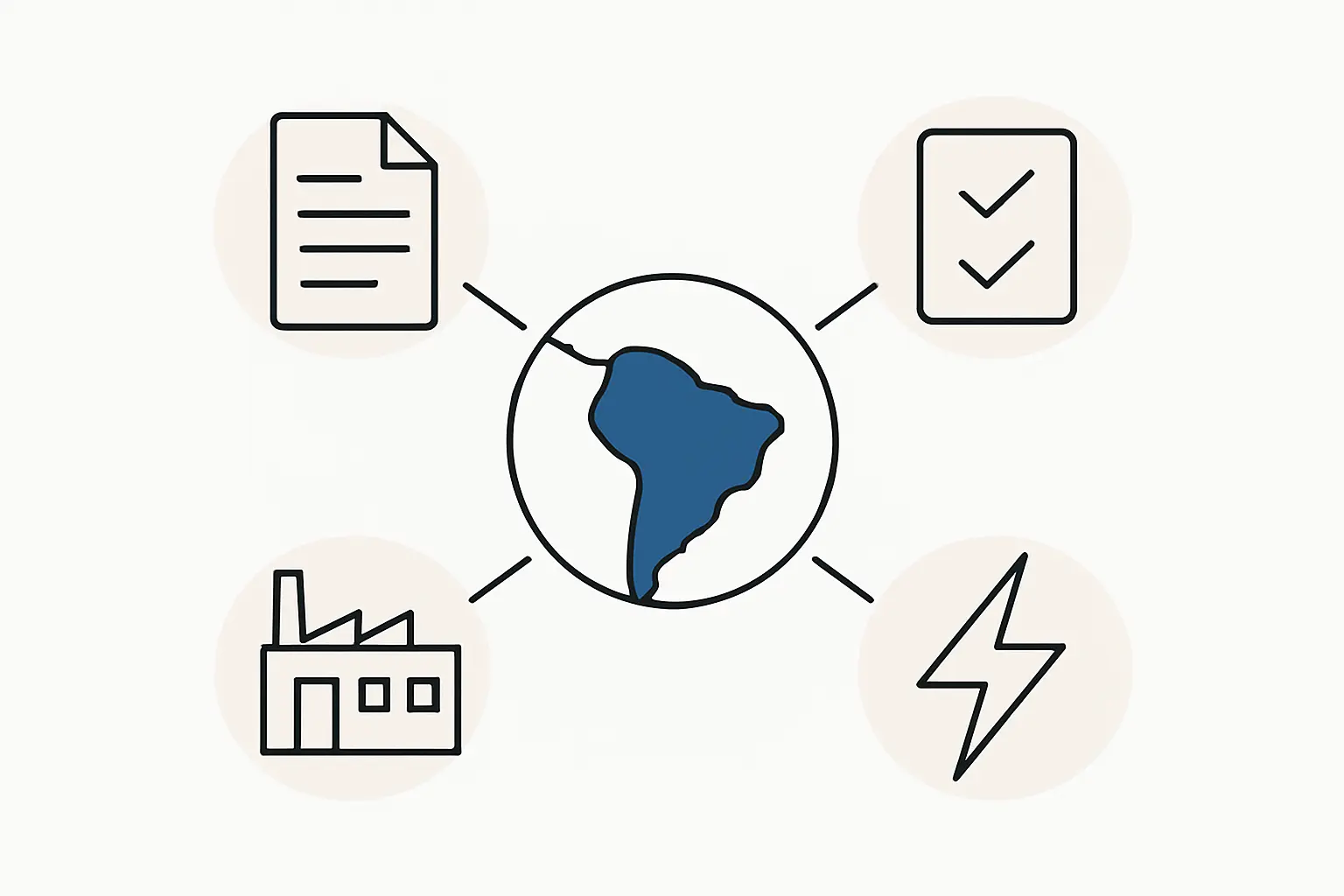
Core Benefits for Solar Module Manufacturing
The law offers several direct, high-impact benefits that align perfectly with the business model of a solar module manufacturer. These advantages address the primary costs and risks of such a venture: initial capital outlay, operational taxes, and import logistics.
Investment Contracts: Securing Stability and Predictability
The Investment Contract is the cornerstone of this incentive system. By signing this contract, an investor secures a stable set of rules for up to 15 years, with the possibility of a 15-year renewal.
Key Features of an Investment Contract:
- Minimum Investment: New projects require a commitment of at least USD 10 million over the first five years. For existing companies making new investments, the threshold is USD 1 million.
- Tax Stability: The contract guarantees that the income tax regime applicable at the time of signing will remain in force for the contract’s duration. This eliminates the risk of sudden tax increases impacting the project’s financial projections.
- Dispute Resolution: It provides access to national or international arbitration for resolving any disputes with the state, offering a neutral and reliable legal avenue.
Operationally, this stability allows for much more accurate long-term financial planning—essential when creating a comprehensive business plan.
Key Tax Exemptions Explained
The most significant financial incentives come in the form of specific, targeted tax exemptions designed to encourage investment in productive sectors.
Income Tax (IR) Holiday
For new productive investments outside the major urban centers of Quito and Guayaquil, the law grants a 12-year exemption from corporate income tax. For a solar manufacturing project, this means 12 years of operation without paying taxes on profits, drastically accelerating the timeline to profitability.
This geographical requirement encourages development across the country and often aligns with more favorable land costs and labor availability—key considerations when determining factory building requirements.
Capital Outflow Tax (ISD) Exemption
Ecuador applies a tax on money leaving the country, known as the Impuesto a la Salida de Divisas (ISD). However, under an Investment Contract, manufacturers receive a crucial exemption from this tax on several key transactions:
- Import of Capital Goods and Raw Materials: Payments for imported solar panel manufacturing machines, components like solar cells, glass, and aluminum frames are exempt from ISD. This directly lowers the cost of setting up and running the production line.
- Dividend Payments: Profits distributed to foreign shareholders can be sent abroad without incurring the ISD, ensuring investors can efficiently access their returns.
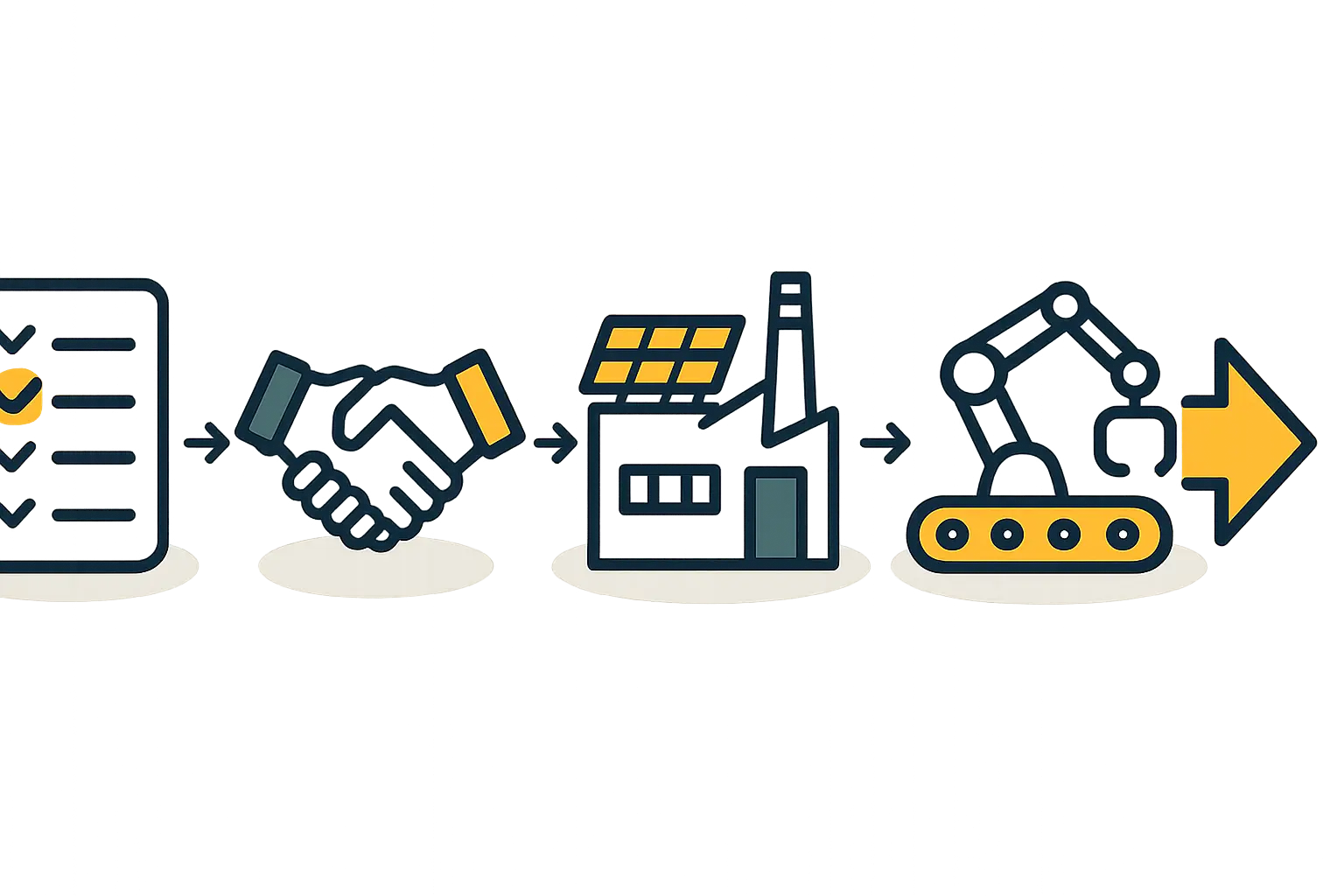
Streamlining Imports for Your Factory
The ISD exemption on capital goods and raw materials is a powerful operational advantage. A typical solar module factory relies on a global supply chain for both its machinery and its bill of materials. Eliminating a tax on every international payment for these essential items creates a sustained, significant reduction in operating costs and simplifies cash flow management.
Advanced Incentive Structures: ZEDEs and PPPs
For larger-scale investments or those involving collaboration with public entities, the framework offers even more advanced options:
- Special Economic Development Zones (ZEDEs): Companies operating within a designated ZEDE receive a five-point reduction in their corporate income tax rate even after the initial exemption period. They also benefit from exemptions on foreign trade taxes, ISD, and Value Added Tax (VAT) on local purchases of raw materials and supplies.
- Public-Private Partnerships (PPPs): Projects structured as PPPs can also receive exemptions from income tax, ISD, and VAT, making this an attractive model for institutional actors or those partnering with the government on strategic energy initiatives.

The Practical Path to Securing Incentives
Accessing these benefits requires a formal process, which in itself adds a layer of seriousness and structure to the investment.
- Project Submission: The investor must prepare and submit a detailed investment project proposal.
- Committee Approval: The project is reviewed by the Strategic Committee for the Promotion and Attraction of Investments (CEPAI), which evaluates its economic and strategic merit.
- Contract Negotiation: Once approved, the terms of the Investment Contract are negotiated and finalized.
This process highlights the importance of having a robust and well-documented project plan from the outset. Experience from J.v.G. turnkey projects shows that a clear technical and financial roadmap is fundamental to a successful application.
Frequently Asked Questions (FAQ)
What qualifies as a “new productive investment”?
This generally refers to the creation of a new business entity or a new line of business that involves the production of goods or services, job creation, and the use of new assets. A new solar module factory would clearly qualify.
Are these incentives available only to foreign investors?
No, the law is designed to promote investment in general. Both local and foreign investors can apply for and receive these benefits, provided they meet the investment thresholds and other requirements.
What happens after the 12-year tax holiday ends?
After the exemption period, the company will be subject to the standard corporate income tax rate that was in effect at the time the Investment Contract was signed, providing continued predictability.
How critical is the choice of location for securing the income tax holiday?
It is an absolute requirement. The facility must be physically located outside the cantons of Quito and Guayaquil. Careful site selection is therefore one of the first and most important strategic decisions.
Conclusion: A Strategic Framework for Your Investment
Ecuador’s ‘Ley de Fomento Productivo’ offers a clear, stable, and financially compelling framework for entrepreneurs looking to enter the solar manufacturing sector in Latin America. The combination of a 12-year income tax holiday, exemptions from the costly Capital Outflow Tax on essential imports and dividends, and the legal certainty of an Investment Contract directly mitigates many of the key risks associated with such a venture.
For an international investor, this transforms the prospect of building a factory in Ecuador from a speculative idea into a structured opportunity with a clear and advantageous set of rules. With the right planning and a well-designed turnkey production line, these incentives provide a powerful foundation for building a competitive and profitable enterprise in one of the world’s most promising solar markets.


